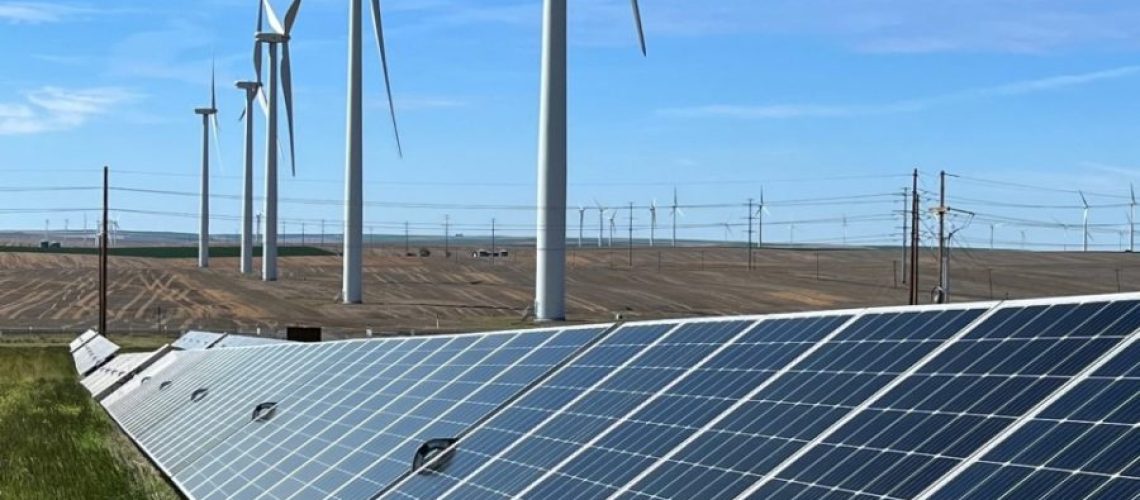The Georgia Public Service Commission approved Georgia Power’s Integrated Resource Plan, which calls for 2 GW of natural gas and 2.3 MW of renewable energy. Plus, the REC program Georgia Power participates in may negatively impact renewables buildout.
The Georgia Public Service Commission (PSC) recently approved investor-owned utility Georgia Power’s Integrated Resource Plan (IRP), a forward-looking roadmap for the utility that is released every three years.
The plan for 2028 calls for the retirement and decertification of all but two of the utility’s coal burning facilities. Replacing that coal capacity is a planned 2.3 GW of renewable energy. The 2028 plan also calls for 500 MW of battery energy storage.
The plan was recently revised in a vote before the PSC to increase the utility’s renewables plan for 2035 from 6 to 9 GW.
In addition, the PSC voted unanimously to create a collaborative “Distributed Generation Working Group.” The group is expected to be composed of representatives from utilities, the solar industry, and PSC staff, which will develop recommendations for growing the distributed energy market in Georgia.
“Distributed generation is the clear path forward for Georgia’s economy, workforce, and public health. We’re excited to see the commission recognize the crucial role of distributed generation in such a tangible way,” said Tully Blalock, senior vice president of SolAmerican Energy and policy co-chair of the Georgia Solar Industries Association (SEIA).
The PSC rejected another program, declining to expand Georgia Power’s popular monthly net metering program by as much as 15%, which could have brought rooftop solar within reach for 75,000 Georgia households. Commission Vice Chair Tim Echols, a champion for net metering expansion, brought the vote forward, which was rejected 3-2.
The net metering program was introduced as a pilot in 2020. Under the pilot, rooftop solar customers were paid a retail rate for excess electricity produced by their solar systems. The pilot showed popularity in Georgia and quickly reached its 5,000 customer limit in mid-2021. Advocates immediately began urging the PSC to lift the cap and expand solar access across the state.
“We applaud some of the Commission’s decisions today, and are optimistic that the Commission will address net metering in the upcoming Georgia Power rate case to bring affordable rooftop solar within reach for tens of thousands of Georgia families,” said Allison Kvien, Southeast regulatory director at Vote Solar. “Monthly netting empowers families to lower their monthly bills and contribute to a cleaner, more resilient energy grid through rooftop solar. We thank Vice Chair Echols and Commissioner McDonald for their leadership on this critical issue, and will continue our efforts to make solar affordable and accessible to all Georgians.”
The state of Georgia has seen $4.9 billion in solar investment and now houses 200 companies and over 4,500 jobs. The Solar Energy Industries Association ranks it 7th in solar deployment in the nation.
“Georgia took significant steps in expanding renewable energy development across the state today,” said Will Giese, Southeast Regional Director at the Solar Energy Industries Association (SEIA). “The solar and storage additions to Georgia Power’s integrated resource plan will help ease the inflation pinch on Georgia families through the procurement of stable, low-cost clean energy. While the Commission missed an important opportunity to expand the state’s net metering pilot, it’s encouraging to see them create a distributed generation working group. In the face of rising energy prices, we will continue to advocate for solutions that expand clean energy access to all Georgia ratepayers.”



